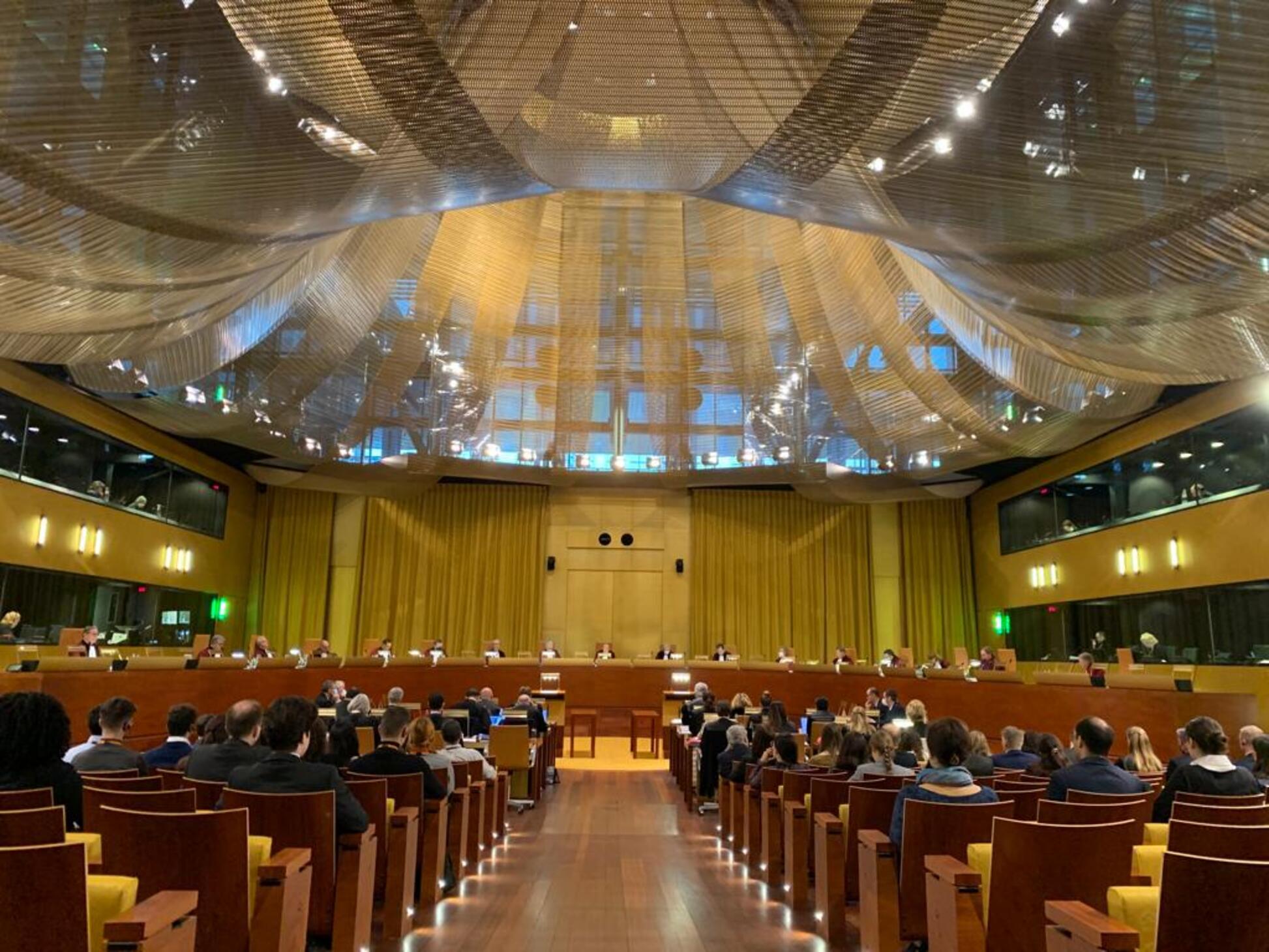Jean Richard de la Tour, Advocate General of the ECJ, has supported the investigating judge Pablo Llarena in his conclusions on the preliminary questions that the Spanish magistrate presented as a result of the decision of the Belgian justice to refuse the extradition of the Catalan minister Lluís Puig. The Advocate General warns that a country, in this case Belgium, can not assess whether the Supreme Court is the competent authority to judge Puig and that to argue a risk of violation of a fundamental right it must demonstrate systemic and widespread deficiencies in the functioning of the Spanish judicial system.
Llarena raised his questions after Belgium's decision to refuse to extradite minister Lluís Puig arguing the Supreme Court was not competent to judge him and that, in view of the public statements from judges and magistrates, there was a risk of violation of the presumption of innocence. These two issues gave rise to intense debate during the hearing that the ECJ held on April 5th in Luxembourg concerning the seven preliminary rulings that Llarena raised, the defences argued that the generalized deficiency may affect a particular group and not the entire system.
Fundamental rights
The Advocate General warns today that the execution of a EAW cannot be refused on grounds that are not covered by the framework decision governing its operation. He admits the warrant can be refused if there are serious reasons to consider it would violate the fundamental rights of the person concerned, but that this has to be done in accordance with the ECJ's case law, which lays down strict conditions for this refusal.
He does not accept that the judicial authority that has to decide on the EAW controls whether the judicial authority that issues it, in this case the Supreme Court, is competent, because that would contravene the principle of procedural autonomy and the principle of mutual recognition between states. These principles are, as the Advocate General recalls, the "cornerstone" of the EAW mechanism, in which the refusal of a European extradition order is the exception and requires strict interpretation.
Systemic deficiencies
The EAW cannot be refused, according to the Advocate General, if there is no data that reliably and precisely demonstrates "real risk of a breach of the fundamental right to a fair trial before a judge previously established by law", as envisaged by the EU Charter of Fundamental Rights, due to "systemic or widespread deficiencies in the functioning of the issuing State's Judiciary". If these deficiencies do not exist, the system provides those affected with the mechanisms to appeal and request a correction of that which does not function properly. In the specific case of pro-independence politicians, he points out that they have at their disposal means of appeal in the Spanish State, up to the Constitutional Court, in order to control the observance of this fundamental right.
The Advocate General warns that if there is no risk of systemic violation of the fundamental right to a fair trial, appealing to this argument would be nothing more than the expression of distrust towards the Spanish state's courts, contrary to the principles of mutual trust and recognition on which the foundations of the system of the European arrest warrant are based.
New European arrest warrant
According to these conclusions, Llarena can present a new European arrest warrant to Belgium claiming minister Puig if it is proven that the refusal of the previous one's refusal contravened the European Union's law. To impose a limit on the number of EAW "would call into question the effectiveness of the system of judicial cooperation and weaken efforts to effectively punish offences within the area of freedom, security and justice" argues the Advocate General.

